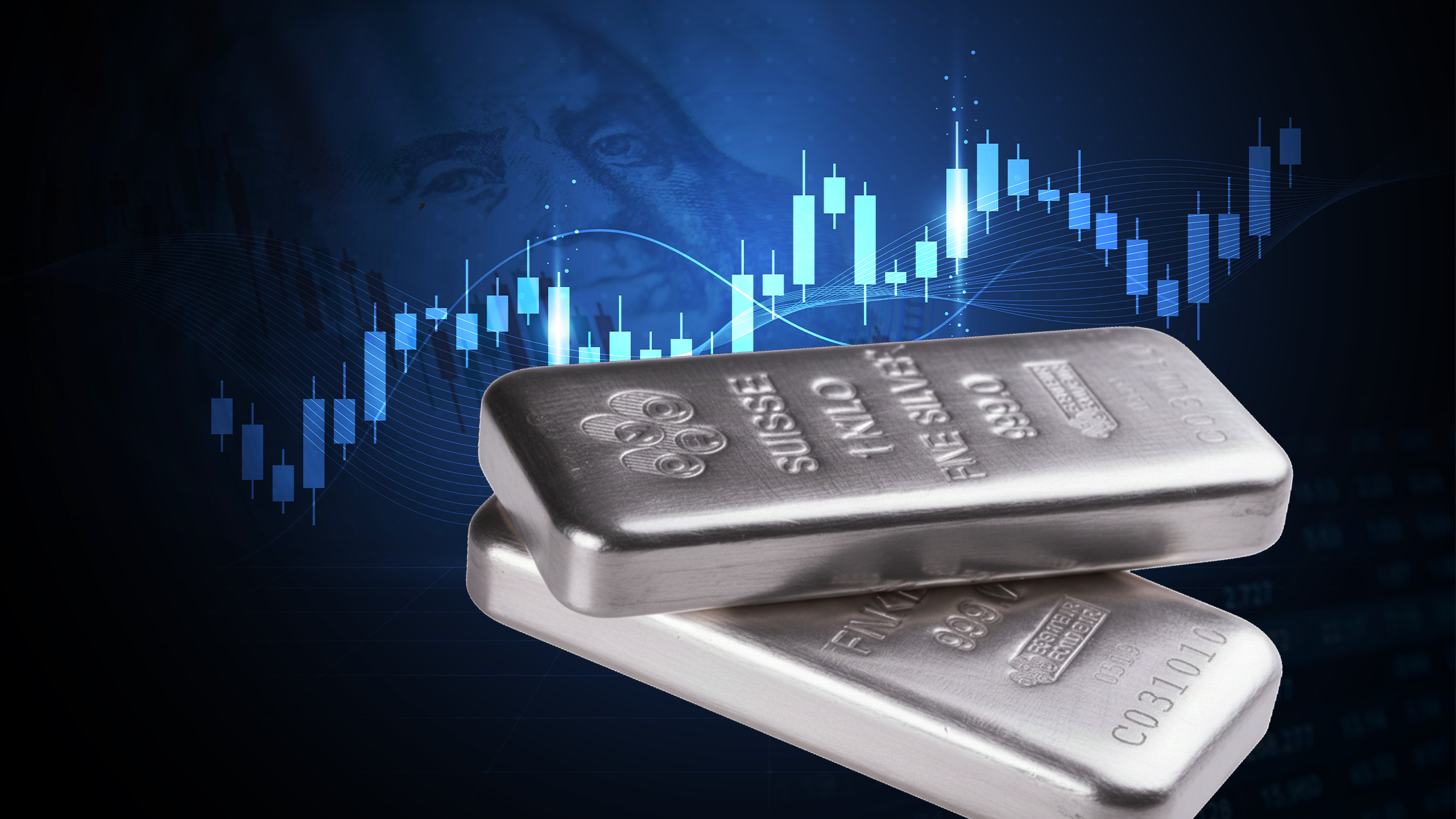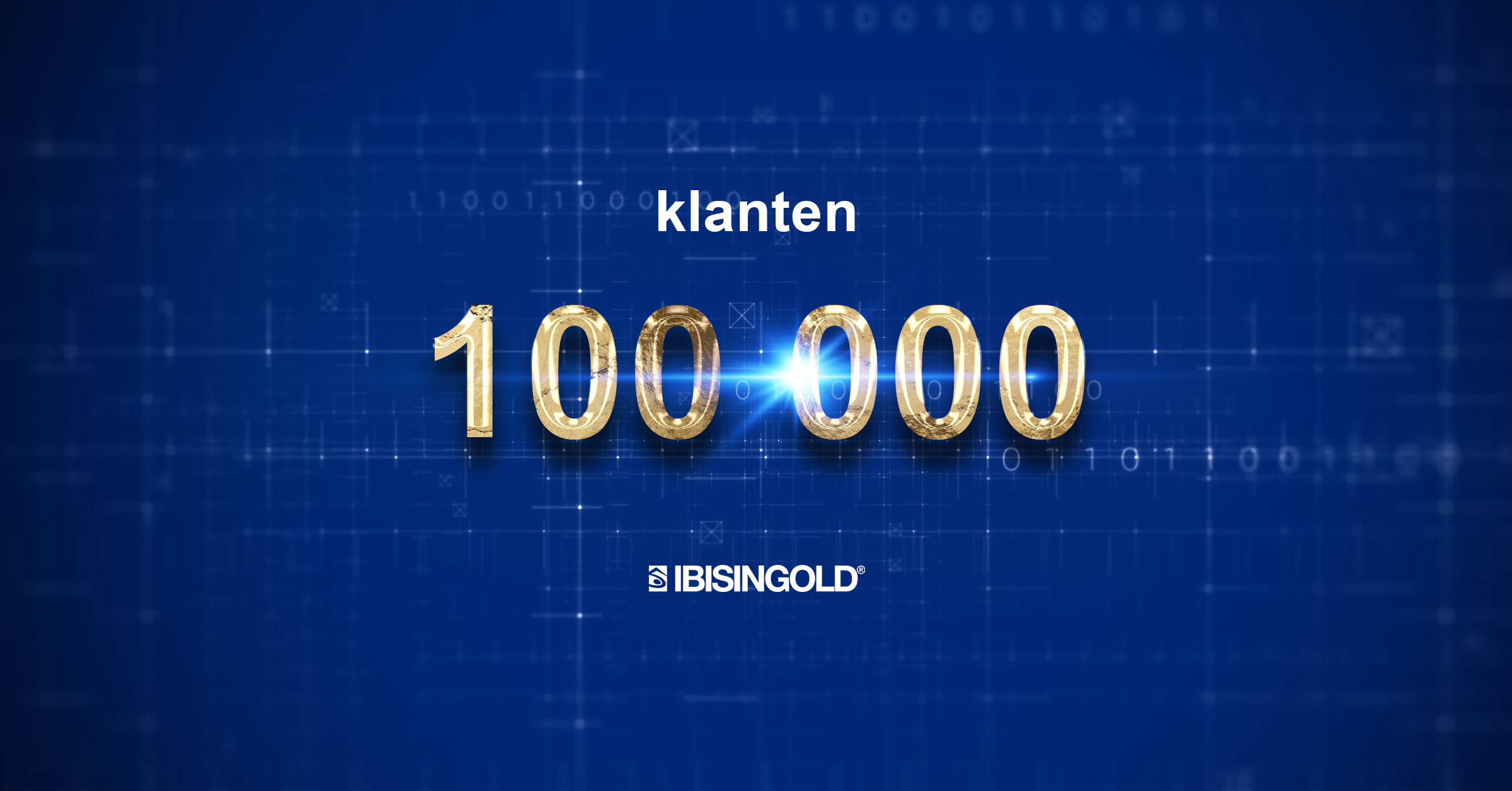Blog
Wat zijn het nieuws en de evenementen van de afgelopen paar dagen? Bij ons blijft u op de hoogte. Veel leesplezier.

22. 12. 2025
Miroslava Sojková, Social Media Director
2025 – een recordjaar voor goud, met een veranderende rol in beleggingsportfolio’s
2025 zal de beleggingsgeschiedenis ingaan als het jaar dat de rol van goud in beleggingsportfolio’s definitief veranderde. De goudprijs steeg tot boven de 4 400 USD per ounce en, belangrijker nog, is op dit niveau gebleven ondanks tegenstrijdige signalen van de FED (de centrale bank van de VS). Bloomberg ziet dit niet als een kortetermijnreactie van de markt, maar als bewijs van een diepere, structurele trend die de plaats van goud in de moderne beleggingswereld herdefinieert.
Begin vandaag nog met sparen!
Bouw aan uw familievermogen en oogst de vruchten van uw belegging






